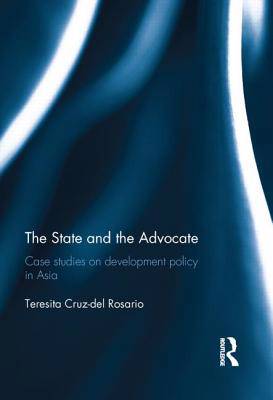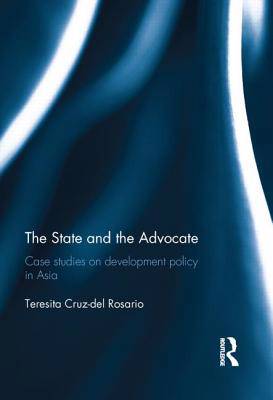
- Retrait gratuit dans votre magasin Club
- 7.000.000 titres dans notre catalogue
- Payer en toute sécurité
- Toujours un magasin près de chez vous
- Retrait gratuit dans votre magasin Club
- 7.000.0000 titres dans notre catalogue
- Payer en toute sécurité
- Toujours un magasin près de chez vous
The State and the Advocate
Case studies on development policy in Asia
Teresita Cruz-Del RosarioDescription
This book seeks to demonstrate the role of public policy in support of equitable and inclusive development. The achievement of this overarching goal rests on an assumption that development does not happen by chance or by accident, but, rather, through the deliberate application of analytical tools which public policy is able to provide. Set within an Asian context, the book emphasizes the role of public policy in reducing poverty, eliminating deprivation, promoting equity, and ensuring social justice.
The book likewise aims to provide an argument for the developmental role of the state - one which has been the subject of a long-standing debate among development scholars. In addition, the book accounts for the role of civil society organizations, particularly their involvement in multi-stakeholder participation. Through different case studies, this book explains the outcome of public policy decisions as combinations of efforts among government and civil society actors, to ensure the creation of the most optimal public good. Finally, the book takes a comparative perspective, i.e., there are cases that directly or indirectly implicate the regional character of public policies that result in the creation and distribution of regional public goods.
Spécifications
Parties prenantes
- Auteur(s) :
- Editeur:
Contenu
- Nombre de pages :
- 294
- Langue:
- Anglais
Caractéristiques
- EAN:
- 9780415693561
- Date de parution :
- 25-06-14
- Format:
- Livre relié
- Format numérique:
- Genaaid
- Dimensions :
- 157 mm x 234 mm
- Poids :
- 598 g

Les avis
Nous publions uniquement les avis qui respectent les conditions requises. Consultez nos conditions pour les avis.






